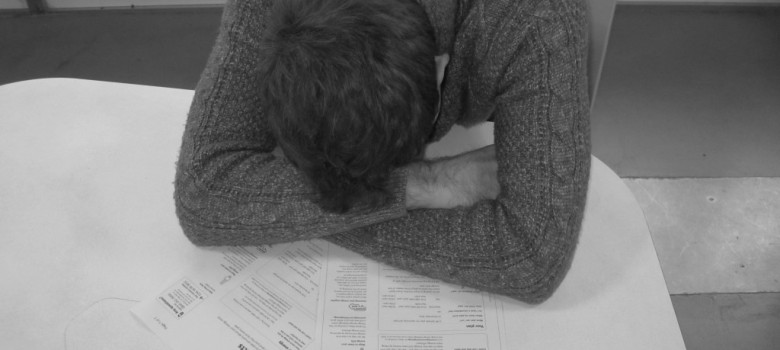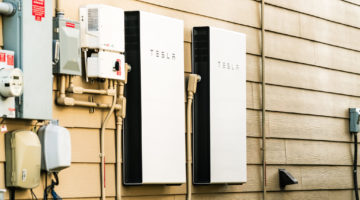
SSE First to announce Autumn 2013 Energy Price Rises
We all woke up to the news this morning that SSE has decided to put energy prices up by 8.2% from mid November. This is the first of the ‘Big 6’ to do so, but surely it paves the way for them to make their announcements over the coming weeks.
I think the first thing to say is that we shouldn’t be surprised – the energy companies have traditionally made their energy prices announcements around this time and for the last 8 or 9 years they have tended to put it up by a similar amount. In fact, last year SSE put their prices up by 9% so actually more than this year’s rise.
However, I think that just because they were first out the traps we can’t pick on them above the others – EDF for example put their prices up by 10.8% in 2012 and broadly speaking, over this 8-9 year time frame, they have all risen by the same amount. In cash terms this basically means your energy bills have doubled since 2005.
What is Government currently doing to help consumers fund energy bills?
David Cameron’s coalition is currently trying to push through a law that forces the energy companies to be completely transparent with their tariffs and tell their customers which tariff they should be on.
To be honest, this should already be the law but there are two issues that I see – the first is that whenever I get a phone call from my energy supplier I am sceptical about the great offer they are trying to sell me – I presume others would be the same. The second issue is that the offer of the ‘cheapest tariff’ is only coming from my existing energy supplier – to be honest the best deals are normally as a new customer with another energy supplier. Shopping around is actually quite an easy process and we obviously recommend doing so with someone like Uswitch, but still people are nervous about doing it. We have put the Uswitch link below and their is a guide to using it here.
Then we look at Mr Miliband, who is currently enjoying his moment in the limelight with his rallying call to ‘freeze energy prices’. To be honest, that is great from a consumer point of view, but absolute stupidity from a business perspective. By freezing price rises, regardless of what happens in the world economy (in terms of fluctuating energy wholesale prices), external investment in these companies would stifle severely.
This comes at a time when we face a desperate plight, simply to keep our lights on, in the face of falling generating capacity coupled with rising demand. We need the energy companies to be investing in replacing our lost capacity – not making them put these decisions off.
So, no Ed – this is a stupid idea.
So what should we do to combat these Price Rises?
Actually, what we need to do is pretty simple – people need to use less energy.
It seems obvious, but if you use less electricity and gas in your home then your bills are going to be smaller, but how do we make it happen?
Well, firstly people could invest in energy efficiency measures, but with varying financial paybacks (e.g. how long it takes to recover your initial investment through savings on your bills) and people also lacking the necessary funds to do the work – we need mechanisms to allow people to do this fairly. We have the Green Deal – it isn’t perfect, but with lower interest rates this could be that mechanism.
What about this for an idea – we could tie council tax to homes’ EPC ratings. If the house is inefficient you pay more, if it is energy efficient you pay less. Suddenly we would have people fighting to make their homes more energy efficient.
Why would I want to buy a home that requires more in council tax than it’s neighbour who has embraced energy efficiency and thrown 300mm of insulation in their loft and had their cavity walls insulated. It would force homeowners into action, and would also dampen our insatiable demand for energy.
So there you have it – a really simple solution to help people pay less on their energy bills – use less energy.
Then you use the dangled carrot of council tax payment reductions to make energy efficiency a more attractive proposition so people act on it, and if they can’t afford to do it themselves they use the Green Deal to fund it (with lower interest rates).












No Comments yet! Be the first one.